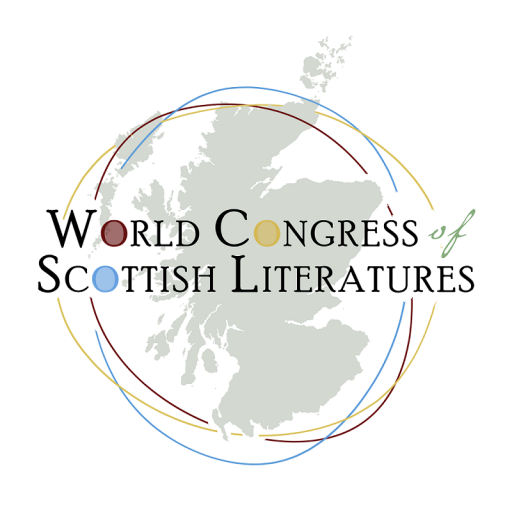Totalitarianism and the Political Imagination in Interbellum Scottish Literature
The interbellum, i.e. the 1920s and 1930s, coincides in Scotland with the period of the modern Scottish Renaissance, whose main aim was to reconstruct Scottish national identity alongside the regeneration of Scottish national literature. However, the Scottish writers of the period also looked beyond Scotland and the British Isles, noticing the danger of totalitarianism connected with the rise of fascism in Italy and Nazism in Germany, which found their sinister manifestation in Mussolini’s and Hitler’s policy of expansionism, ethnic discrimination and genocide. Also the threat of communism represented by the Soviet Russia, with its purges, persecution and abuses, was increasingly noted by Scottish writers despite their predominating Marxist and socialist sympathies.
This paper analyses the totalitarian aspects of the political imagination – understood as a correlation between the reality imagined in a literary text and the political reality in which this text was created – in Scottish speculative literature of the interwar period. The analysis will focus on a selection of interwar texts whose discourse is constructed with reference to the totalitarian ideologies of the period, i.e. fascism and communism. The authors discussed are Isabel F. Grant, Archibald Crawford, Ruthven Todd and Lewis Grassic Gibbon.
Katarzyna Pisarska, University of Porto, Portugal
